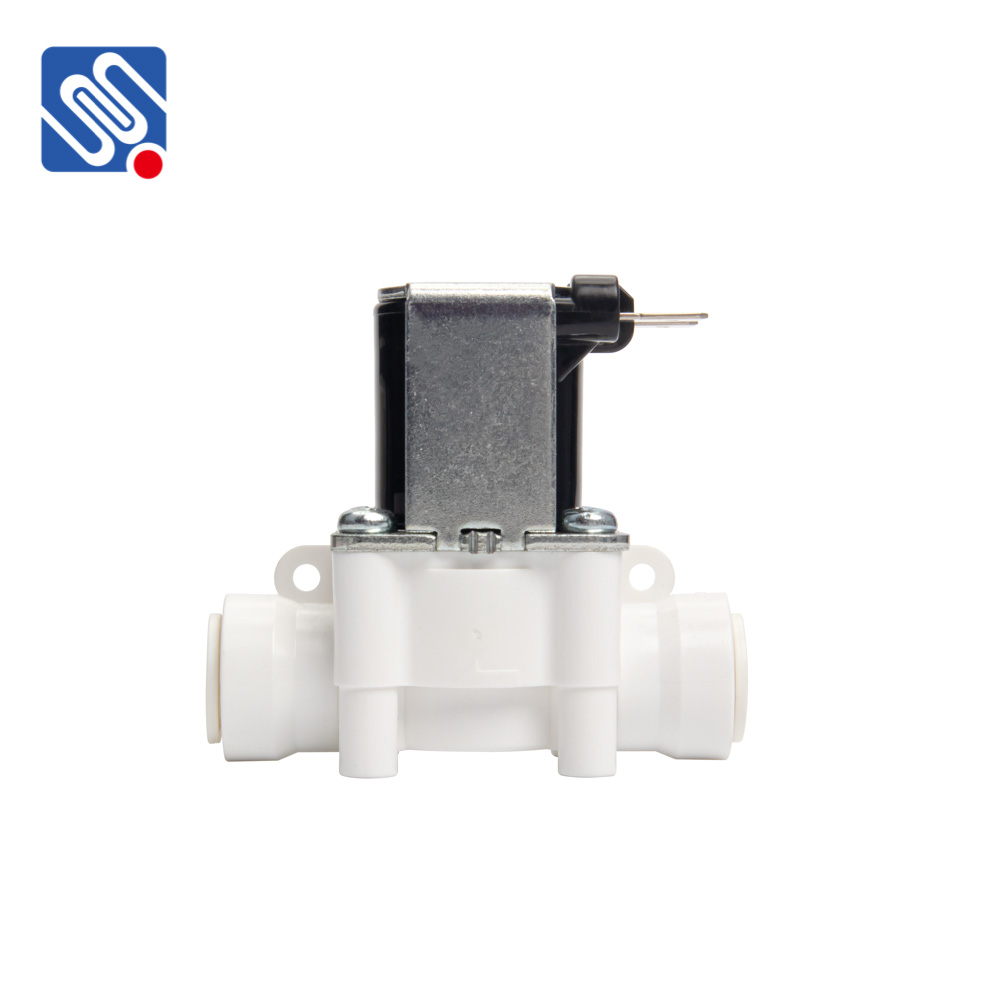filtration system solenoid valve: an essential component for efficient filtration control
Release time:2025-09-15 11:29:29
A Filtration System Solenoid Valve is a key component in many filtration systems that is designed to regulate fluid or gas flow, ensuring that the filtration process works efficiently and effectively. By utilizing electromagnetic technology, these solenoid valves allow precise control over the flow of liquids or gases, making them indispensable in various applications, from water treatment to industrial processes. This article explores the features, functions, and advantages of Filtration System Solenoid Valves and how they contribute to the success of filtration systems across different industries.

What is a Filtration System Solenoid Valve? A Filtration System Solenoid Valve is an electrically operated valve that opens or closes to control the flow of fluids or gases in a filtration system. It works based on the principle of electromagnetism: when an electric current passes through the solenoid coil, it generates a magnetic field that moves the valve’s core to open or close the flow path. This operation is typically fast and precise, making it ideal for automated filtration systems where consistent performance is essential. Functionality in Filtration Systems Filtration systems are used to remove impurities from water, air, or other liquids and gases. Whether for water treatment in municipal plants or air filtration in HVAC systems, the Filtration System Solenoid Valve plays a critical role in regulating fluid flow and optimizing filtration processes. In these systems, solenoid valves are typically used for:

